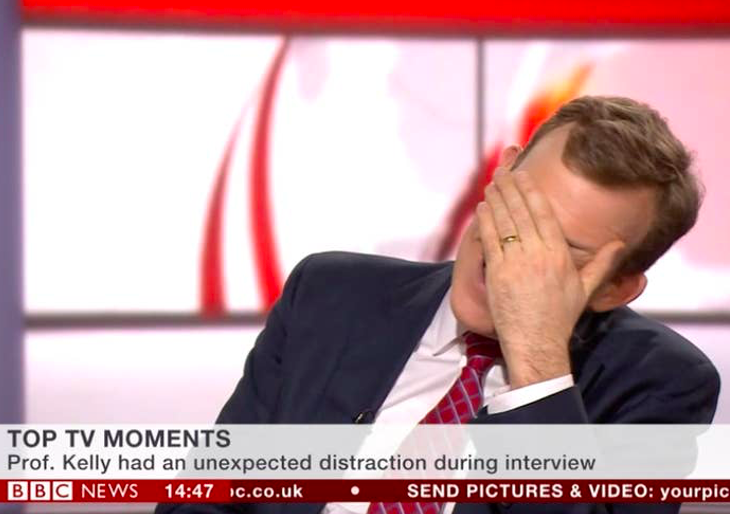
When the BBC thinks you live in the Atlantic – My Simulated Interview
It is rare you get the opportunity to sit a job interview without the fear of rejection. The BBC Storyworks Creative Director role I chose for my simulated interview was one I had been rejected from for a very unusual reason. It is based in New York and given the application online-portal wouldn’t allow me to relocate further than 1,000 miles, this would place me somewhere in the Atlantic. Nevertheless, I was inspired to use this job description to practise selling my strengths. This being a dream job of mine, I jumped at the chance to practise without consequences, to “communicate, self-evaluate and reflect” on previous interview experiences and learn without fear. [1]
This blog will use Gibbs’ Reflective Cycle [2] to analyse the process of my simulated interview, from preparation, moment of judgement and feedback. What better way to reflect on my interview, then allow my chosen model to interview me?
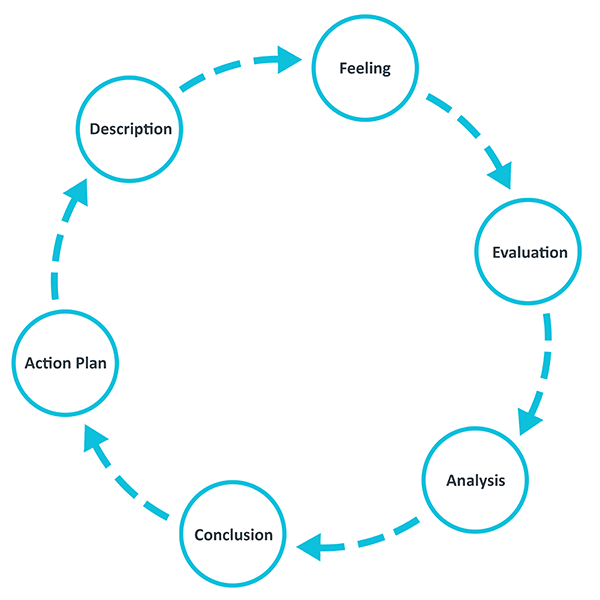
So Hebe, tell us what happened?
My job description left little to the imagination so I assumed every aspect of my character, experience and skills would likely be directly ticking boxes for their successful candidate.
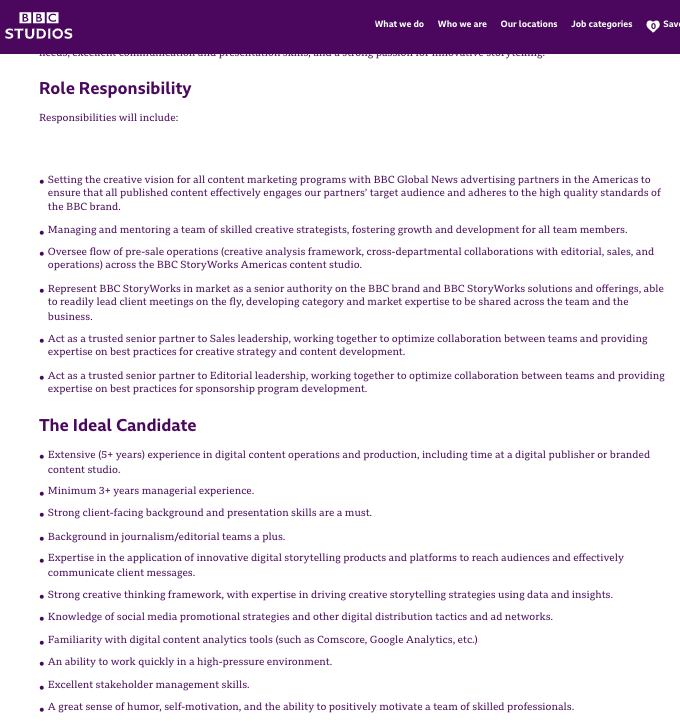
I knew I would have to systematically lay my relevant experiences out like a deck of cards, to be chosen to fit the criteria. In preparation I did exactly this, placed my CV next to the bullet point list of expectations and connected the dots. This was not as easy as expected. Nuanced requirements such as “Expertise in innovative digital storytelling products” required me to and dissect specific experience to find the key criteria. Upon reading The Cycle, I knew that the experiences I chose had to illustrate that I embody the “something unique” that arts companies aim to represent in their scheduling as well as fulfil the “what works” element, key in stable management. [3]

How were you feeling?
When sitting down in front of my three interviewers, this preparation went straight out the window. I wasn’t particularly nervous but as the questions asked of me were far more general and far harder than I had expected, I felt I had simply prepared wrong. The first, “How would you describe a good leader?” through me off guard immediately. As time went on, I realised I had created a theoretical argument, with hardly any reference to my own personal skills and experience. This panicked me further. From there it was a snowball effect. I had completely slipped into an informal conversational dialogue and missed speaking about much of my own experience. All I could think once I’d finished was “Thank god I am a presenter at heart, otherwise I wouldn’t have come across well at all.”
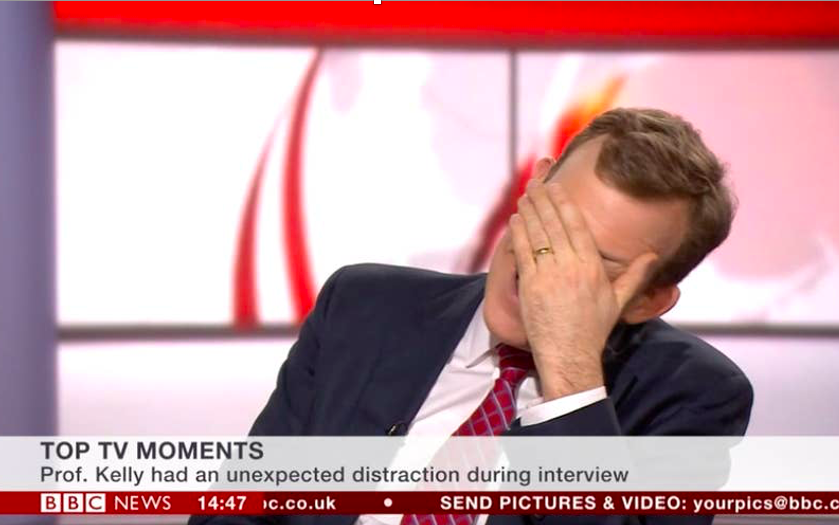
What were the positives and negatives?
The self-evaluation and feedback were by far the most beneficial aspects. I was surprised at how self-aware I was, as the feedback I received was very similar to the feelings I was having while being interviewed. The comments, reiterated that I was presenting my answers well but not staying in ‘interview mode.’ What was particularly surprising was the feedback, ‘mild self-critical comments.’ This was something I was not personally aware of, but I immediately understood what they were referring to. It is key in interviews to ‘make it easy for them to hire you’ [4] and by highlighting times where I didn’t meet others’ expectations or my own aims, I sold myself short and made it easier for the employer to doubt my capability.
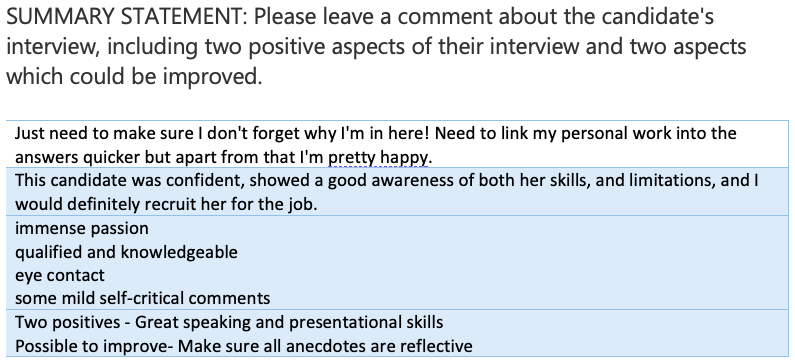
So Hebe, can you make sense of the situation?
When considering Elsa Sharp’s study on the television industry, [4] the comments I received from my interviewers illustrated the ease to which I could undermine the preparation I conducted before the interview. For example, where she says “it’s very important for people to take the time to find out about the company you’re going for,” I researched extensively. However, I noticed that as I didn’t have my CV to hand, I resorted to anecdotal evidence and philosophical remarks. This perhaps undermined my positives and illustrated to me that I would need to broaden my preparation to include knowledge recall practise of my own achievements.
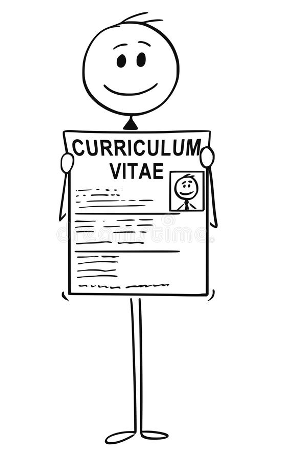
What have you learnt from your simulated interview?
It is apparent that I do rely on my confidence in presenting to succeed in interviews. Although passion and confidence are a key aspect of interview skills [5], in order to excel I need to remind myself of the formal situation and prepare accordingly. The feedback received also illustrated that I use my radio experience consistently as evidence of my ability. Although aligning with the job description well, I didn’t mention my other experiences which would have made me a more well-rounded candidate.
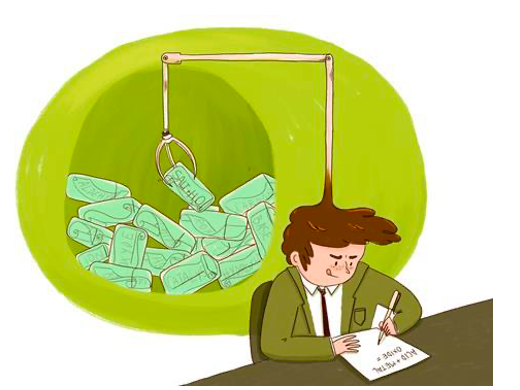
For the future, what will you do differently?
I am now kitted out with my own personalised checklist for my next steps in career searching. To succeed in this upcoming interview, I must not rely on my oral communication skills, but mentally prepare myself to recall information more specific to my experiences as well as research the company and job description thoroughly. I need to take into consideration what George Mcgill says, “get out of your head” and ask yourself “why are they asking this question?” [6]
I now know how important preparation is to all aspects of interviews and will be journeying into my next with a handy little checklist. The first bullet point will definitely be the famous quote from Alexander Graham Bell, ‘Preparation is the Key to Success.’ I might even write it on my hand when I next have an interview.
References
[1] Playing in a House of Mirrors : Applied Theatre As Reflective Practice, BRILL, 2015. ProQuest Ebook Central, https://ebookcentral.proquest.com/lib/qub/detail.action?docID=4396488. (Accessed: 17th February 2022).
[2] University of Cumbria Academic Services & Retention Team (2016) Gibbs’ reflective
cycle, Available at: https://my.cumbria.ac.uk/media/MyCumbria/Documents/ReflectiveCycleGibbs.pdf (Accessed: 17th February 2022).
[3] Kaiser, Michael M., and Brett E. Egan. The Cycle : A Practical Approach to Managing Arts Organizations, Brandeis University Press, 2013. ProQuest Ebook Central, https://ebookcentral.proquest.com/lib/qub/detail.action?docID=1170378. (Accessed: 17th February 2022).
[4] Sharp, Elsa. How To Get a Job In Television. London: A&C Black Publishers, 2002.
[5] Turesol Staffing Solutions (2019) Why Passion is the Most Important Credential When Looking For a Job, Available at: https://www.turesol.com/passion-when-looking-for-a-job/ (Accessed: 3rd February 2019).
[6] Macgil, George. UNi Life Hacks. Poland: AMzon Fulfillment, 2017.
You May Also Like

So You Want To Be A Teacher?
17 February 2022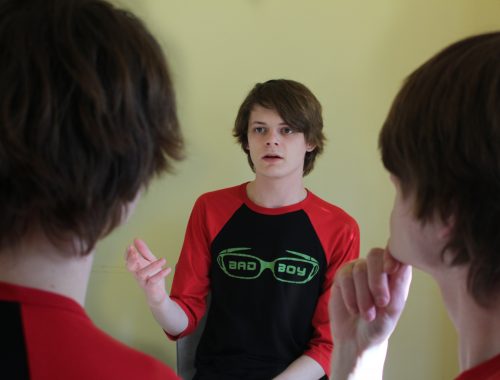
Shocker, Tom also sucks at interviews!
18 February 2022
